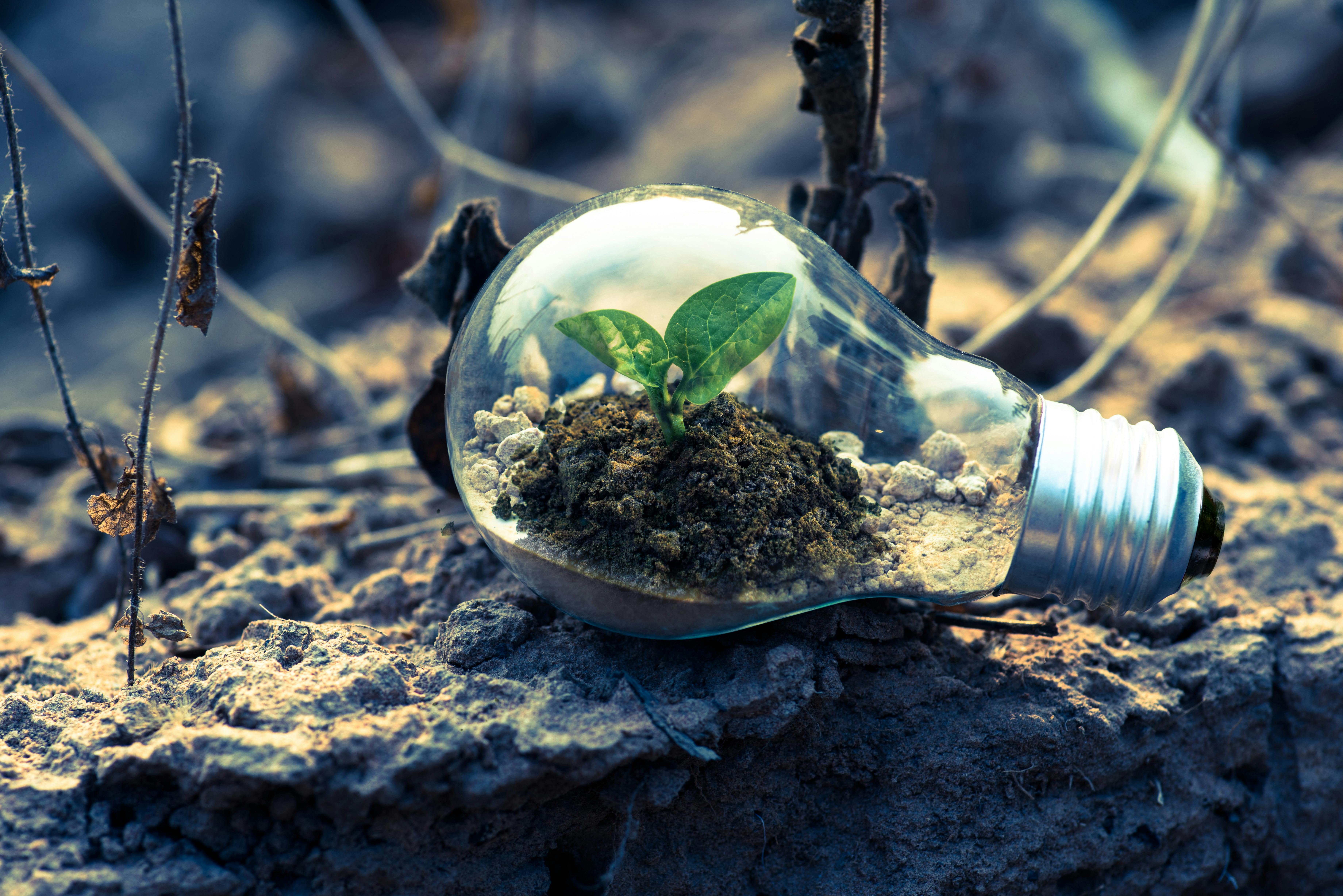1 February 2024
Pioneering a Sustainable Future: The Rise of the Green Economy
In an era where climate change and environmental degradation pose significant threats to our planet and future generations, the shift towards a green economy has never been more critical. This transformative movement seeks to reconcile human development with the earth's ecological limits, ensuring sustainable, equitable growth for all.
What is the Green Economy? The green economy is an economic framework that emphasizes reducing environmental risks and ecological scarcities. Its goal is to achieve sustainable development without degrading the environment, focusing on sectors that promote low carbon, resource-efficient, and socially inclusive development.
Driving Forces Behind the Green Economy Renewable Energy: The shift from fossil fuels to renewable energy sources like wind, solar, and hydro is at the forefront of the green economy. Investments in renewables not only mitigate climate change but also create jobs and drive innovation. Sustainable Agriculture: Practices that reduce environmental impact, enhance food security, and support rural communities are gaining momentum. Sustainable agriculture includes organic farming, permaculture, and integrated pest management, aiming to produce food in harmony with nature.
Green Transportation: With the transport sector being a major pollution contributor, there's a significant push towards electric vehicles (EVs), public transit systems, and cycling infrastructure to reduce carbon emissions and improve urban air quality. Circular Economy: Moving away from the traditional linear economy (make, use, dispose), the circular economy emphasizes reusing, repairing, recycling, and regenerating products and materials to minimize waste and resource consumption. Challenges and Opportunities While the transition to a green economy presents challenges such as financing, policy alignment, and technological innovation, it also offers vast opportunities for economic growth, job creation, and environmental conservation. Innovative Financing: Green bonds, sustainable investments, and public-private partnerships are crucial for funding green initiatives and infrastructure. Policy Frameworks: Governments play a pivotal role in creating policies that encourage sustainable practices, including subsidies for green technologies, carbon pricing mechanisms, and regulations that protect natural resources.
Public Awareness and Participation: Educating and involving citizens and businesses in sustainability efforts is essential for driving the green economy forward. How You Can Contribute Support Sustainable Businesses: Choose products and services from companies committed to sustainable practices. Reduce, Reuse, Recycle: Adopting a more sustainable lifestyle can significantly reduce your environmental footprint. Advocate for Change: Engage in community initiatives, support environmental policies, and encourage others to take action towards sustainability.
What is the Green Economy? The green economy is an economic framework that emphasizes reducing environmental risks and ecological scarcities. Its goal is to achieve sustainable development without degrading the environment, focusing on sectors that promote low carbon, resource-efficient, and socially inclusive development.
Driving Forces Behind the Green Economy Renewable Energy: The shift from fossil fuels to renewable energy sources like wind, solar, and hydro is at the forefront of the green economy. Investments in renewables not only mitigate climate change but also create jobs and drive innovation. Sustainable Agriculture: Practices that reduce environmental impact, enhance food security, and support rural communities are gaining momentum. Sustainable agriculture includes organic farming, permaculture, and integrated pest management, aiming to produce food in harmony with nature.
Green Transportation: With the transport sector being a major pollution contributor, there's a significant push towards electric vehicles (EVs), public transit systems, and cycling infrastructure to reduce carbon emissions and improve urban air quality. Circular Economy: Moving away from the traditional linear economy (make, use, dispose), the circular economy emphasizes reusing, repairing, recycling, and regenerating products and materials to minimize waste and resource consumption. Challenges and Opportunities While the transition to a green economy presents challenges such as financing, policy alignment, and technological innovation, it also offers vast opportunities for economic growth, job creation, and environmental conservation. Innovative Financing: Green bonds, sustainable investments, and public-private partnerships are crucial for funding green initiatives and infrastructure. Policy Frameworks: Governments play a pivotal role in creating policies that encourage sustainable practices, including subsidies for green technologies, carbon pricing mechanisms, and regulations that protect natural resources.
Public Awareness and Participation: Educating and involving citizens and businesses in sustainability efforts is essential for driving the green economy forward. How You Can Contribute Support Sustainable Businesses: Choose products and services from companies committed to sustainable practices. Reduce, Reuse, Recycle: Adopting a more sustainable lifestyle can significantly reduce your environmental footprint. Advocate for Change: Engage in community initiatives, support environmental policies, and encourage others to take action towards sustainability.
2







